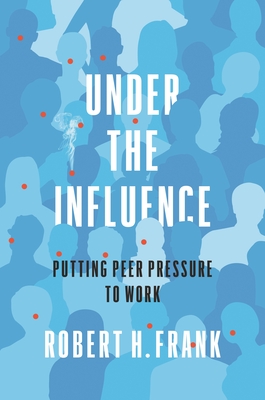Expedite your nonfiction book discovery process with Readara interviews, summaries and recommendations, Broaden your knowledge and gain insights from leading experts and scholars
In-depth, hour-long interviews with notable nonfiction authors, Gain new perspectives and ideas from the writer’s expertise and research, Valuable resource for readers and researchers
Optimize your book discovery process, Four-to eight-page summaries prepared by subject matter experts, Quickly review the book’s central messages and range of content
Books are handpicked covering a wide range of important categories and topics, Selected authors are subject experts, field professionals, or distinguished academics
Our editorial team includes books offering insights, unique views and researched-narratives in categories, Trade shows and book fairs, Book signings and in person author talks,Webinars and online events
Connect with editors and designers,Discover PR & marketing services providers, Source printers and related service providers

Under the Influence: Putting Peer Pressure to Work
Business & Economics > Economics - General
- Princeton University Press
- Hardcover
- 9780691193083
- 9.3 X 6.4 X 1.3 inches
- 1.4 pounds
- Business & Economics > Economics - General
- (Single Author) Asian American
- English
Readara.com
Book Description
From New York Times bestselling author and economics columnist Robert Frank, bold new ideas for creating environments that promise a brighter future
Psychologists have long understood that social environments profoundly shape our behavior, sometimes for the better, often for the worse. But social influence is a two-way street--our environments are themselves products of our behavior. Under the Influence explains how to unlock the latent power of social context. It reveals how our environments encourage smoking, bullying, tax cheating, sexual predation, problem drinking, and wasteful energy use. We are building bigger houses, driving heavier cars, and engaging in a host of other activities that threaten the planet--mainly because that's what friends and neighbors do.
In the wake of the hottest years on record, only robust measures to curb greenhouse gases promise relief from more frequent and intense storms, droughts, flooding, wildfires, and famines. Robert Frank describes how the strongest predictor of our willingness to support climate-friendly policies, install solar panels, or buy an electric car is the number of people we know who have already done so. In the face of stakes that could not be higher, the book explains how we could redirect trillions of dollars annually in support of carbon-free energy sources, all without requiring painful sacrifices from anyone.
Most of us would agree that we need to take responsibility for our own choices, but with more supportive social environments, each of us is more likely to make choices that benefit everyone. Under the Influence shows how.
Author Bio
Robert H. Frank is the Henrietta Johnson Louis Professor emeritus of Management and Professor emeritus of Economics at Cornell's Johnson Graduate School of Management and a Distinguished Senior Fellow at Demos. For more than a decade, his "Economic View" column appeared monthly in The New York Times.
He received his BS in mathematics from Georgia Tech, and then taught math and science for two years as a Peace Corps Volunteer in rural Nepal. He holds an MA in statistics and a PhD in economics, both from the University of California at Berkeley. His papers have appeared in the American Economic Review, Econometrica, Journal of Political Economy, and other leading professional journals.
His books have been translated into 23 languages, including Choosing the Right Pond, Passions Within Reason, Microeconomics and Behavior, Principles of Economics (with Ben Bernanke), Luxury Fever, What Price the Moral High Ground?, Falling Behind, The Economic Naturalist, The Darwin Economy, and Success and Luck. The Winner-Take-All Society, co-authored with Philip Cook, received a Critic's Choice Award, was named a Notable Book of the Year by The New York Times, and was included in Business Week's list of the ten best books of 1995.
Frank is a co-recipient of the 2004 Leontief Prize for Advancing the Frontiers of Economic Thought. He was awarded the Johnson School's Stephen Russell Distinguished teaching award in 2004, 2010, and 2012, and its Apple Distinguished Teaching Award in 2005.
Source: Cornell University - S C Johnson College of Business
Videos






Community reviews
No Community reviews

